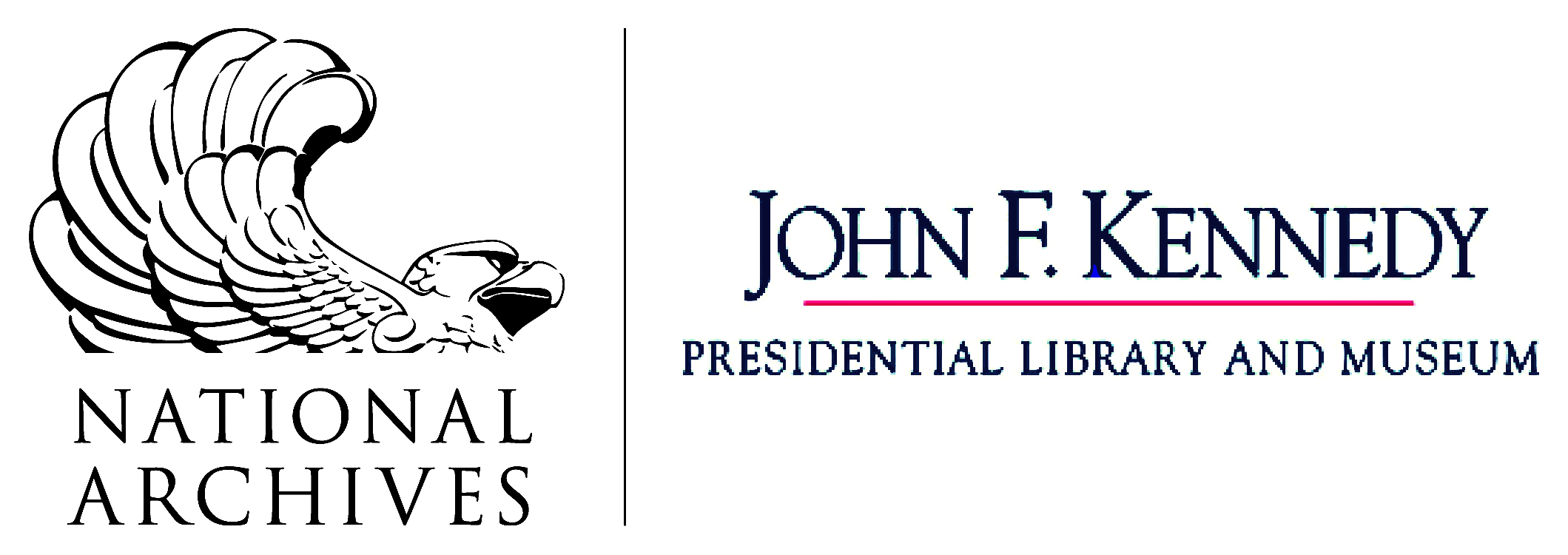by Abigail Malangone, Archivist
“Technology is wonderful.”
Jerome B. Wiesner to Frank DiLuzio
June 7, 1963
The Kennedy Library is pleased to announce the opening of the Jerome B. Wiesner Personal Papers collection. In February 1961, Jerome B. Wiesner took a three-year leave of absence from the Massachusetts Institute of Technology to serve as Special Assistant to President John F. Kennedy for Science and Technology and as Chairman of the President’s Science Advisory Committee. As a special assistant, Wiesner provided advice on the effective use of science and technology in the interest of national security and for the general welfare. In May 1962, the Office of Science and Technology was established with Wiesner as its director. In this role, he was responsible for the proper coordination of federal science and technology functions.
Because the Library is currently migrating to a new digital archives system, we are unable to post the finding aid for the collection on our website at this time. However, researchers may consult and download a temporary PDF document.
This collection is comprised of three series: Top Secret Files, Secret Files, and Unclassified Files. Materials in this collection include memoranda, reports, telegrams, letters, and speeches. Wiesner communicated often with President Kennedy and other administration staff members, with congressmen and senators, and with members of the scientific community ( – J. Robert Oppenheimer does make an appearance). Topics covered in this collection include education; scientific and technical manpower; space – including memoranda on the manned lunar landing and other earth-orbit space activities; and telecommunications, among others. There is a large amount of material related to nuclear testing and the Test Ban Treaty, including letters from the public who wrote to Dr. Wiesner to express their views.
The opening of the Jerome B. Wiesner Personal Papers collection helps to provide researchers with a better understanding of the role played by scientific experts during the Kennedy administration and how the Office of Science and Technology contributed to the development of domestic and foreign policies.
